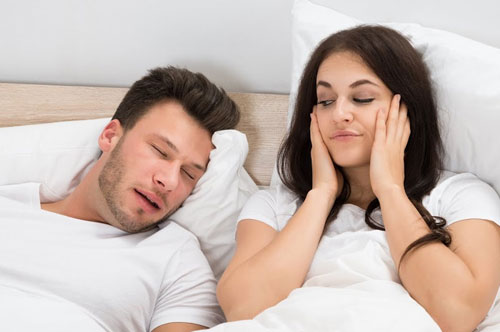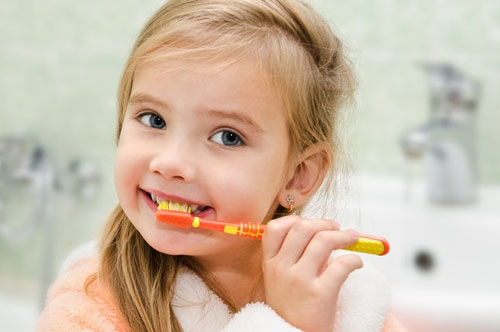Colleen H.
Both my husband and I had our first visit with Dr Weddell today (5/3/22). It was by far the most enjoyable visit to a dentist that we have ever had. From the time we stepped into the door we felt like this was the place for us. Everyone was so very kind and truly showed interest in us as new patients. Dr Weddell met with us prior to our exams so that he could get to know us and shared a little about himself as well. The exams ran smoothly and we will be returning shortly for our first cleanings. One thing that I want to mention is how very kind he was to his staff. I also enjoyed the good natured kidding that went on between himself and his staff. It appears to be a wonderful place to work. As we walked out with our Welcome Bags, I stated to my husband, “We have found a “WINNER!”




